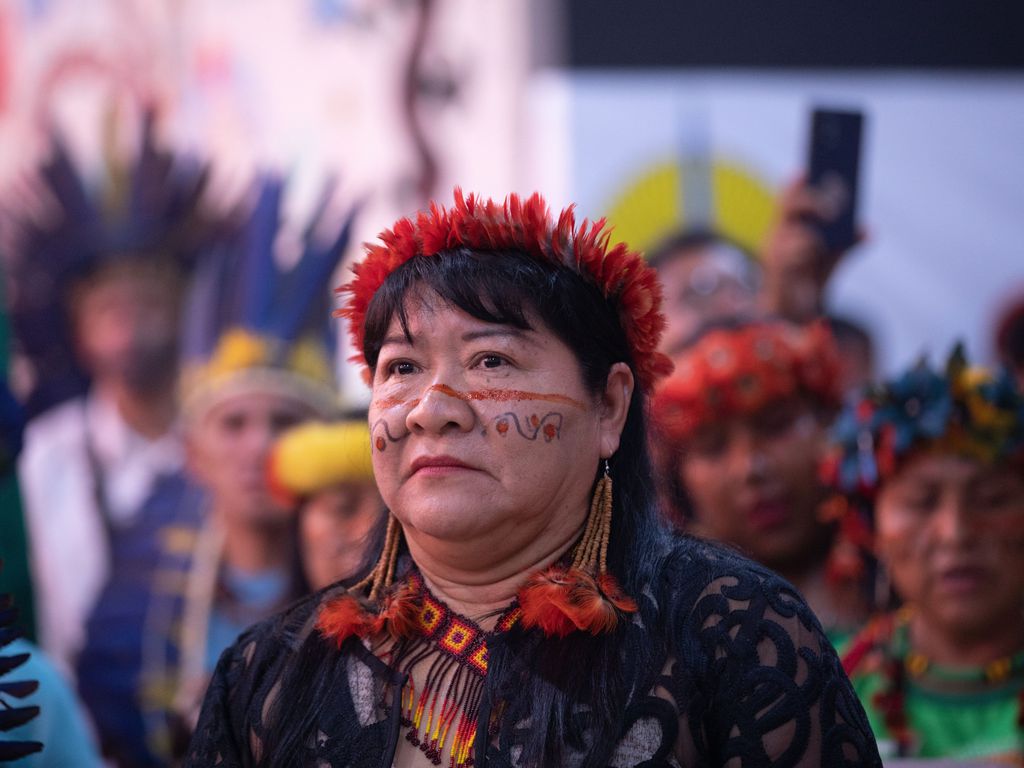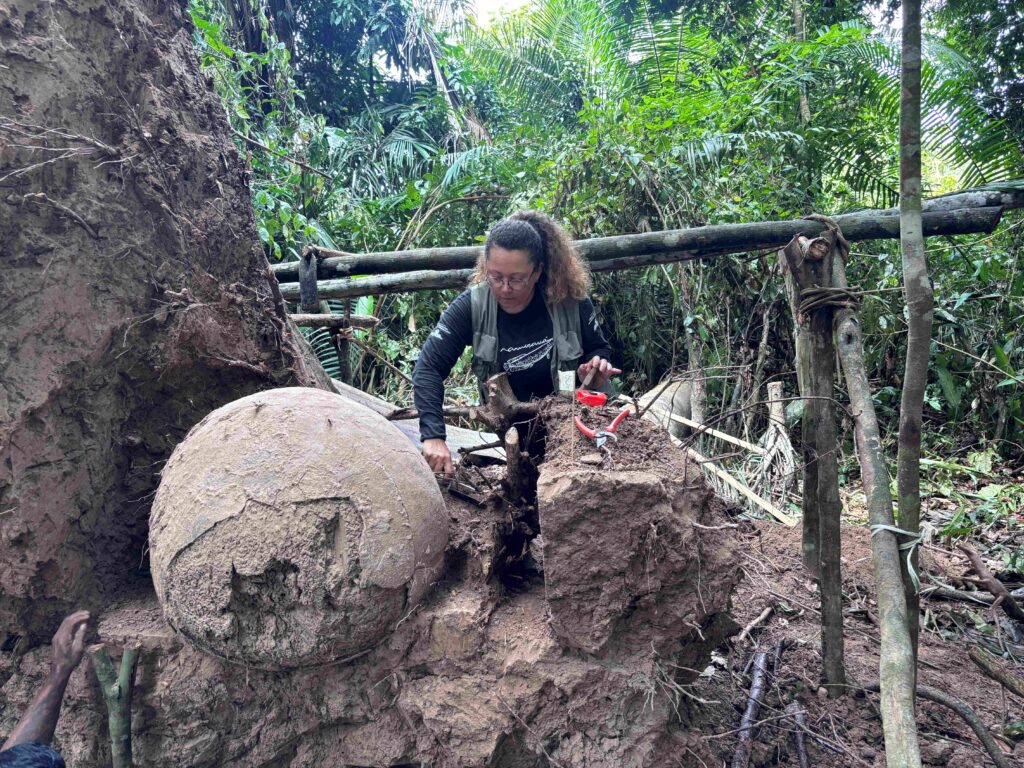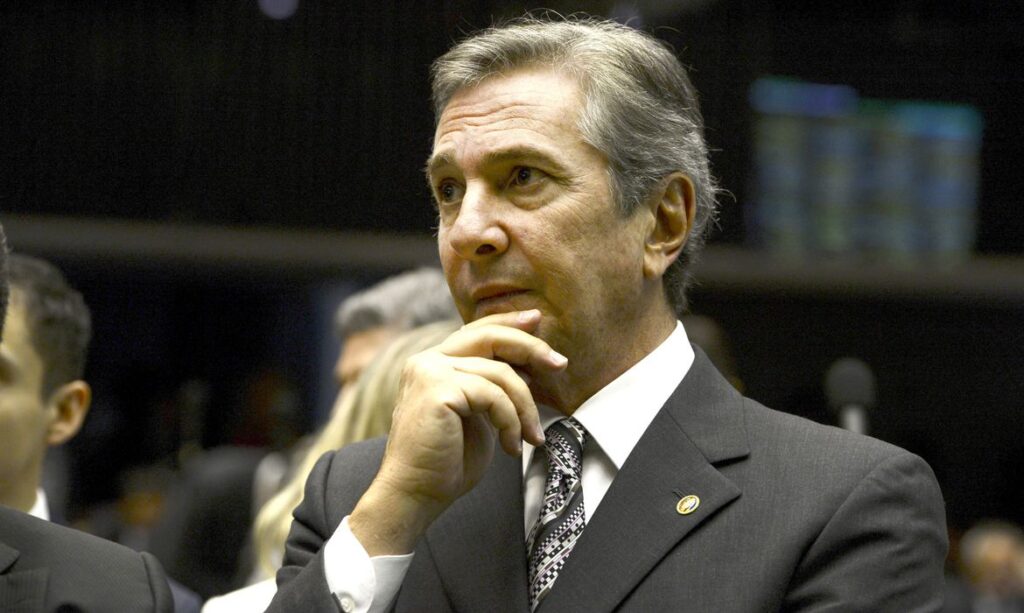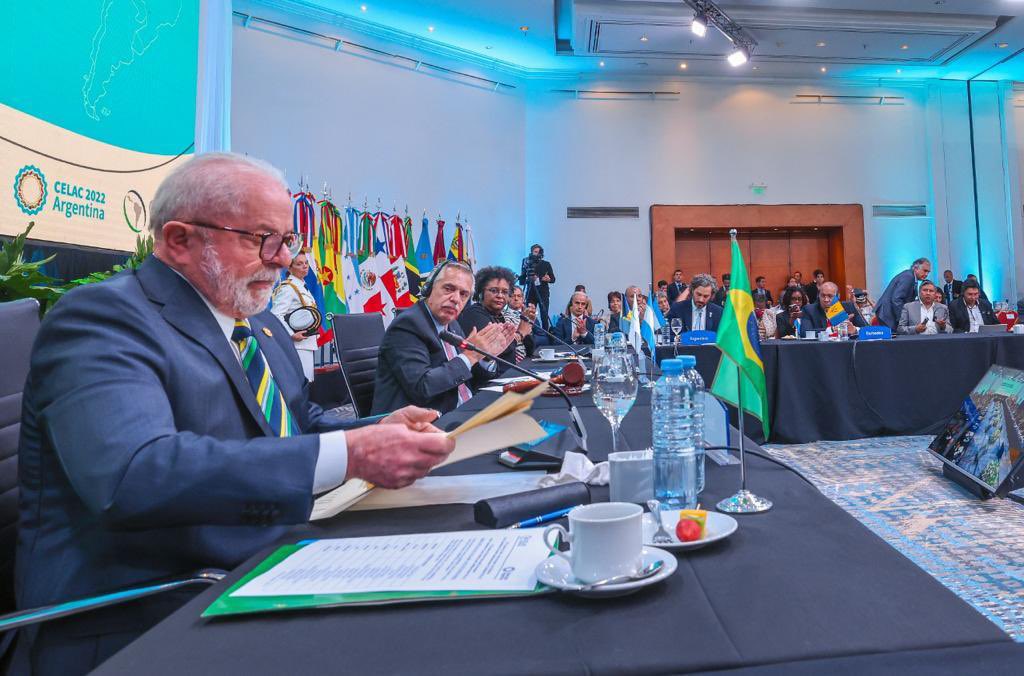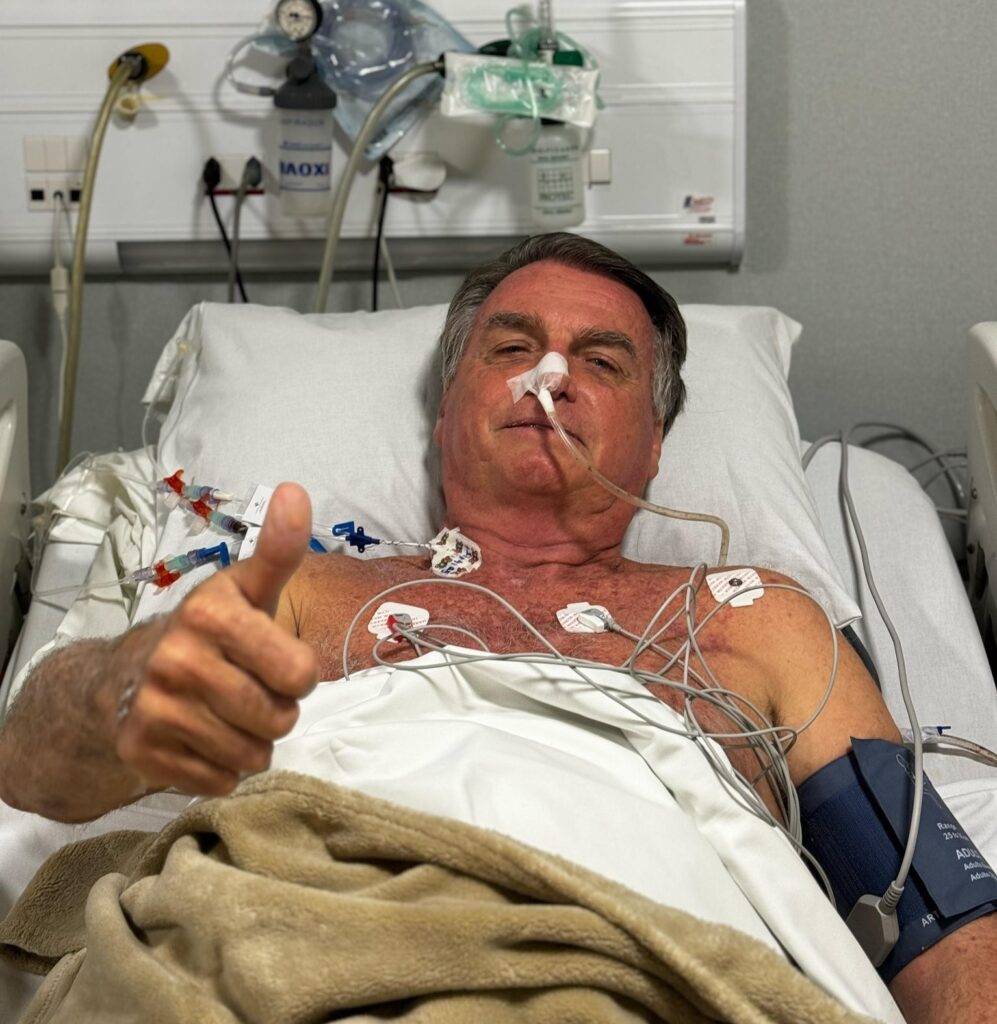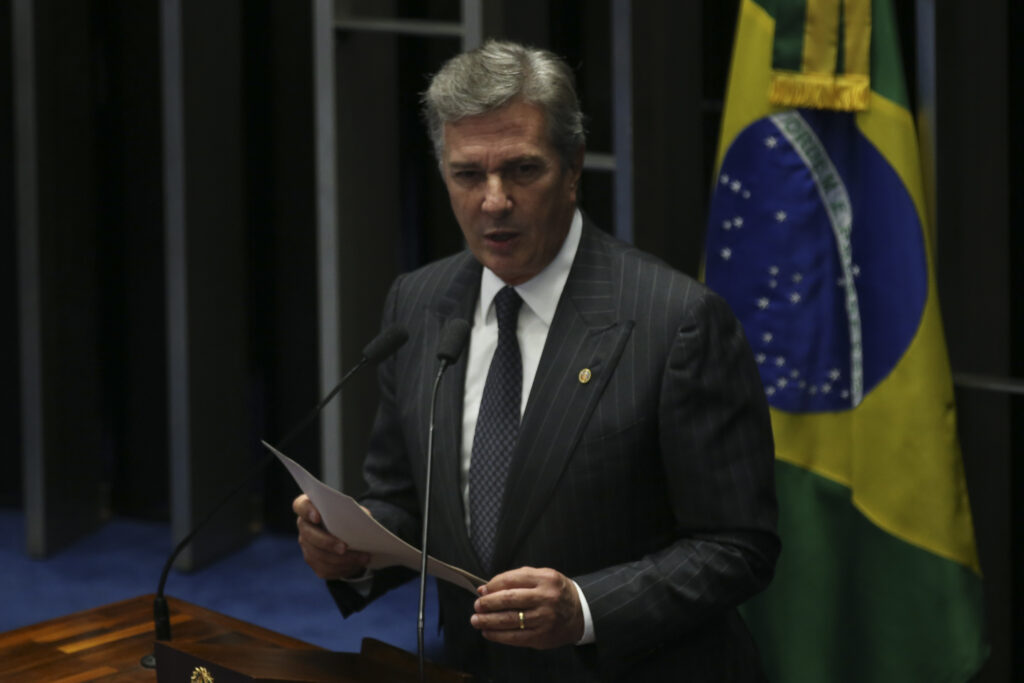São Paulo, Brazil — An indigenous smoking ritual opened the ceremony. Then, Brazil’s national anthem was sung in the language of the Macuxi people, who live in the northern state of Roraima on the border with Venezuela.
Joênia Wapichana, the first indigenous federal deputy to be elected in Brazil in 2018, on Friday, January 3rd also became the first indigenous woman president of Funai, the federal agency tasked with protecting indigenous peoples.
Appointed by President Luiz Inácio Lula da Silva, Wapichana will take over for her predecessor, Marcelo Xavier, a former police official with ties to agribusiness that was appointed by far-right former President Jair Bolsonaro.
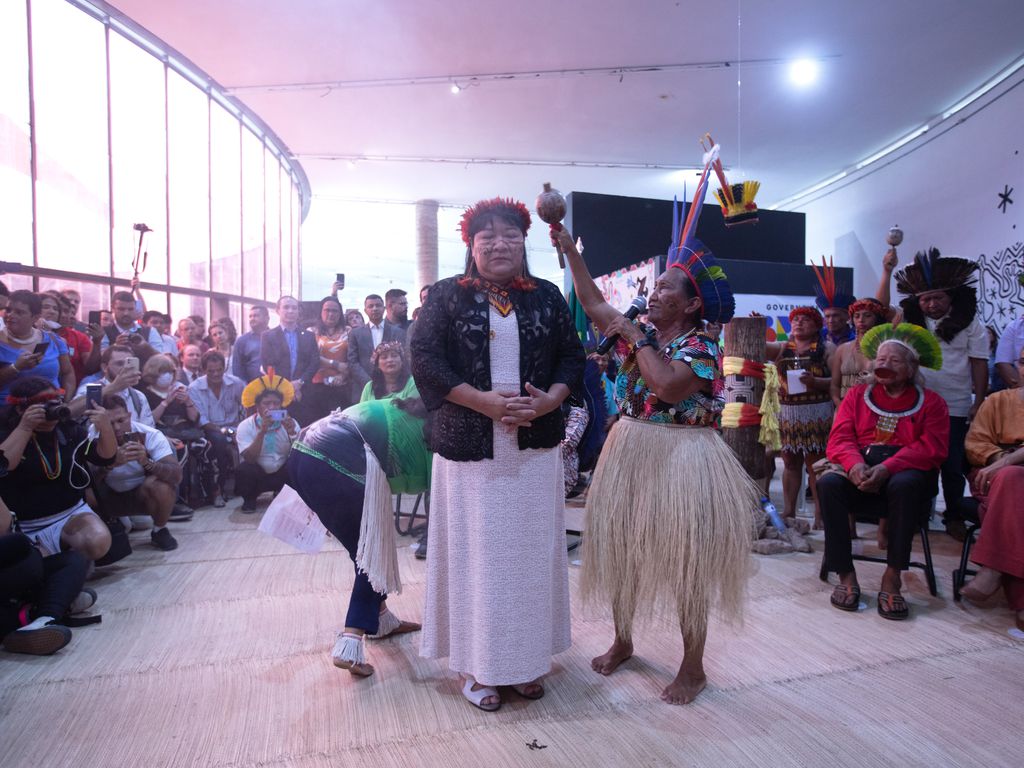
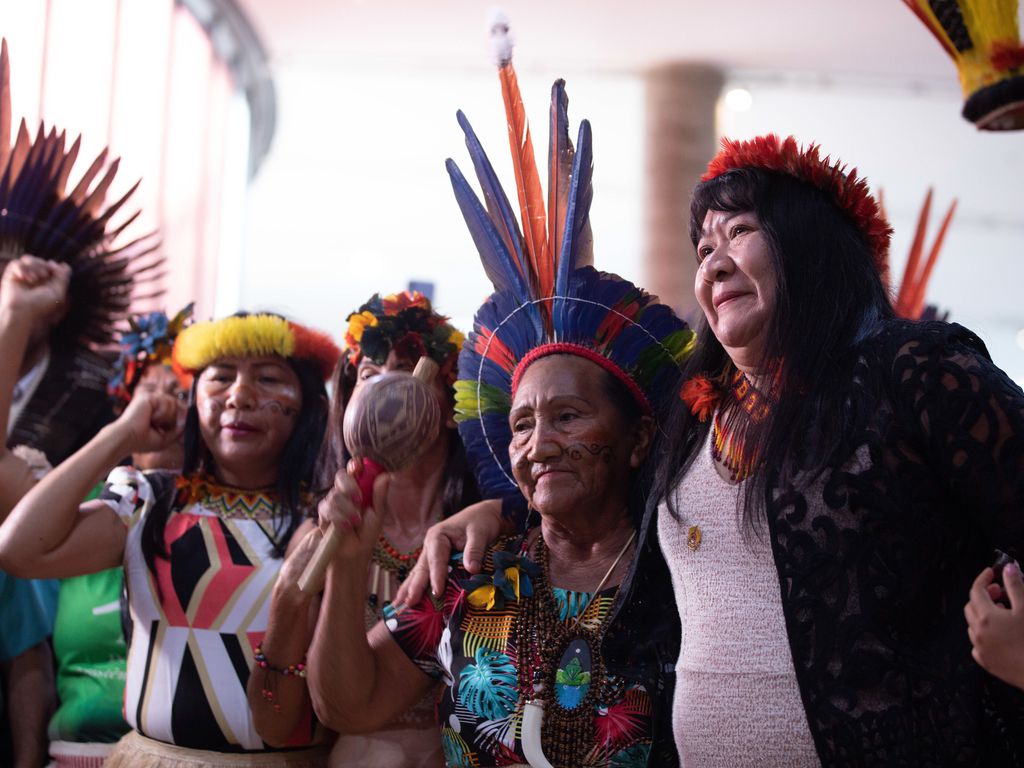
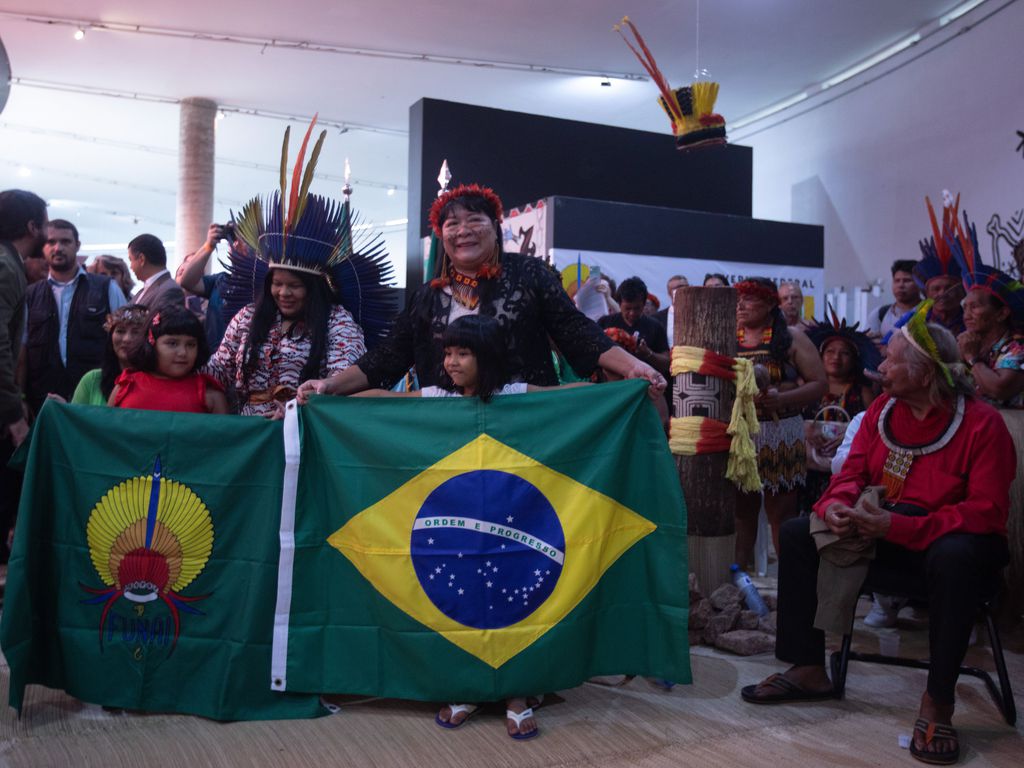
Fernando Vianna, a current Funai employee and chair of Indigenistas Associados (Associated Indigenists), or INA, an independent indigenous rights defender, had previously told Brazil Reports that Xavier represented the interests of miners and agribusiness, rather than those of indigenous communities he was tasked with protecting as president of Funai.
“He was building a reputation as a trustworthy guy for the [farmers], a guy who understood where the [farmers] wanted to go with the indigenous issue and he was operating this kind of matter from within Funai,” he said.
In contrast, Wapichana has deep ties to the community she’s tasked with defending. She was born in the Truaru indigenous community of the Wapichana people from the northern state of Roraima state.
She graduated with a degree in law from the Federal University of Roraima in 1997 and also completed a Masters program in the field in 2011 at the University of Arizona in the United States. Her fight for protection and dignity for the indigenous peoples of Brazil has gained international recognition and in 2018 she received the United Nations Human Rights Prize.
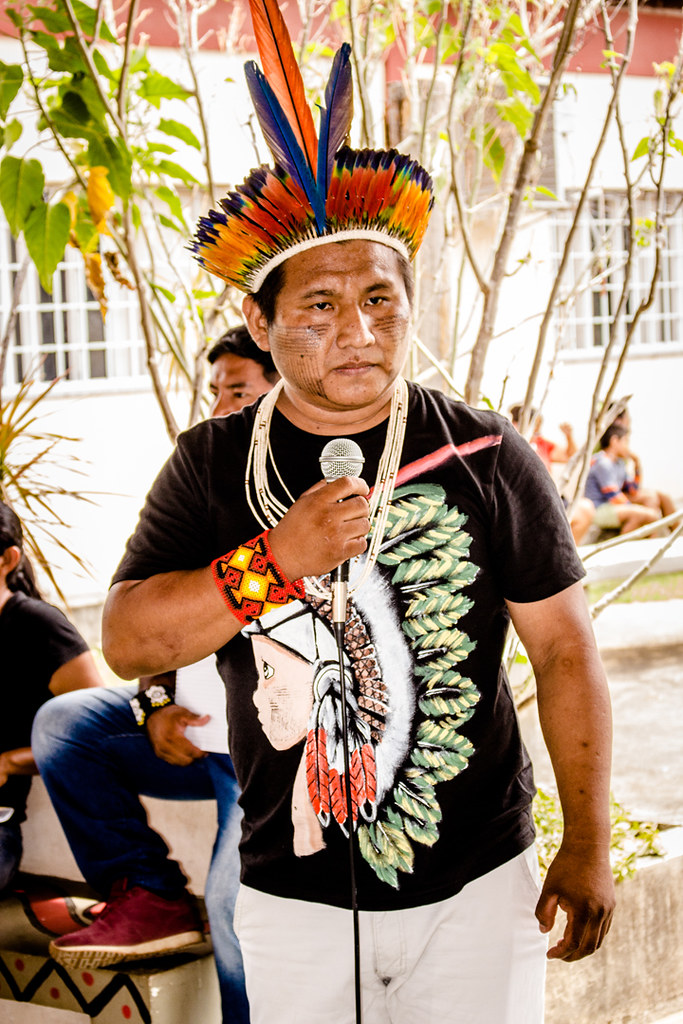
For Enock Taurepang, an indigenous leader and coordinator of the Indigenous Council of Roraima, Wapichana’s assumption to the head of Funai will be positive for the community.
“This is a very important step towards creating public policies that actually meet the needs of our brothers and sisters throughout Brazil. As long as the new government takes this position, it will have our support and we will walk hand in hand,” Taurepang told Brazil Reports.
Wapichana will take control of Funai amid a humanitarian crisis caused by illegal mining in the Yanomami Indigenous land on the border with Venezuela and with the mission of restructuring the agency, after years of neglect under the Bolsonaro administration.
The agency, first established in 1967, will now sit under the newly created Ministry of Indigenous Peoples. It had previously been a part of the Ministry of Justice.
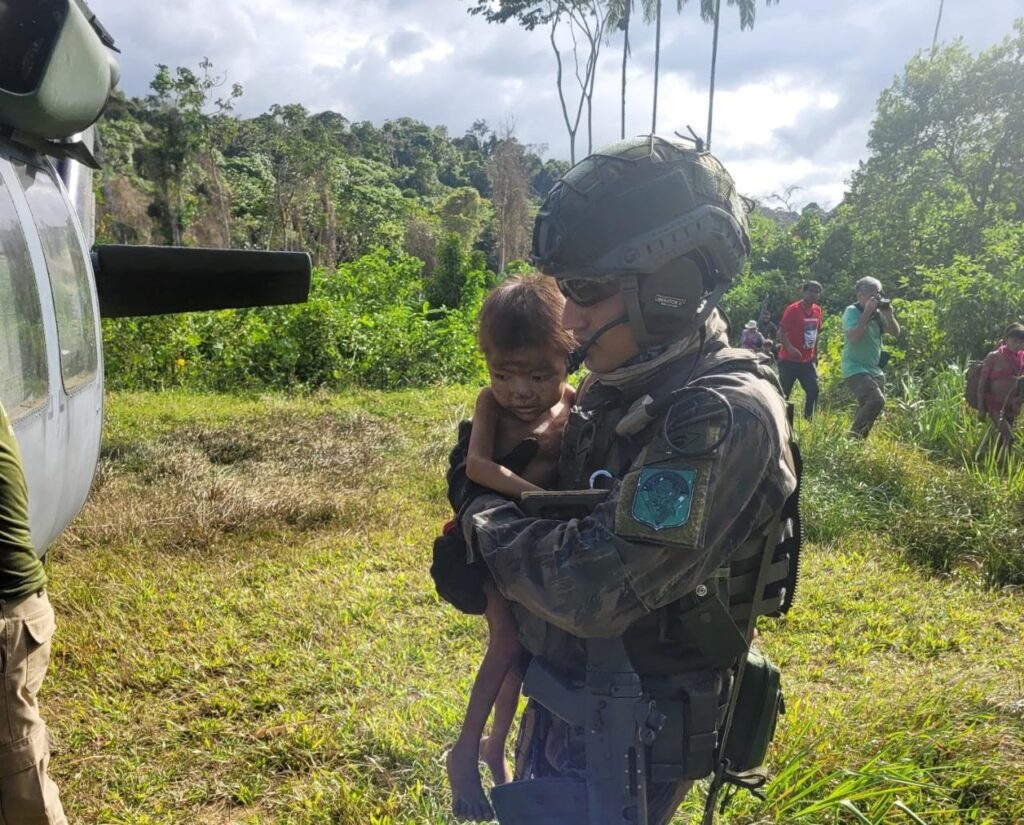
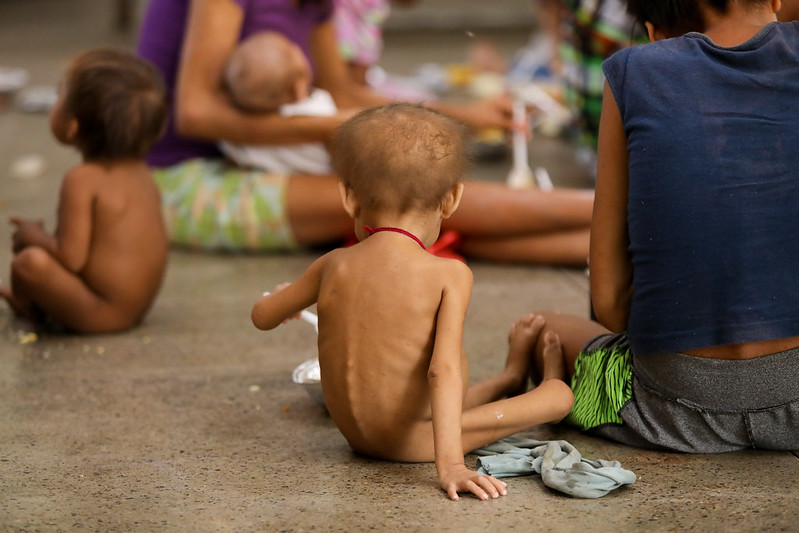
Funai will also re-initiate the process of demarcating indigenous lands in order to protect them from incursions from miners, loggers and other threats to the natural environment. Bolsonaro’s administration was the first administration to not demarcate any new land to indigenous communities.
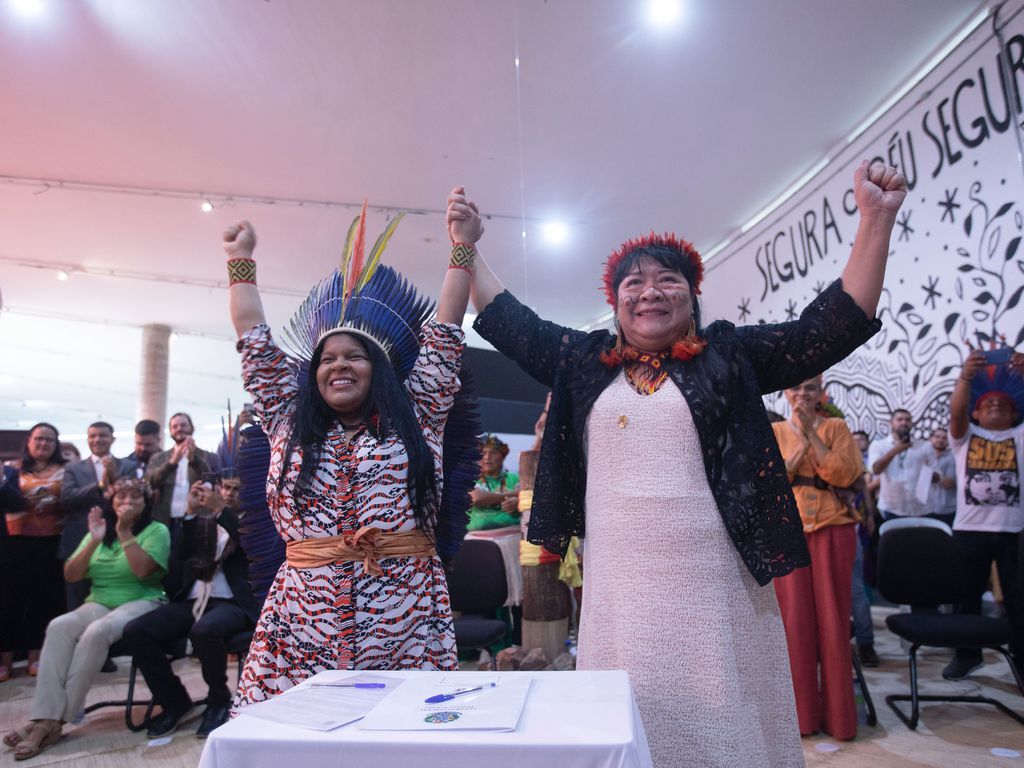
During her swearing-in ceremony, Wapichana announced the creation of working groups that will resume the demarcation process and spoke of rebuilding Funai.
“We have spent years of dismantling, years of degradation, years of devaluation of public servants. Now we will reverse this role. Instead of pursuing the server, closing the door to indigenous peoples, Funai must be by the side of indigenous peoples. It must go through the process not to accuse, but to protect. And these are the new times necessary for the country,” said Wapichana.


